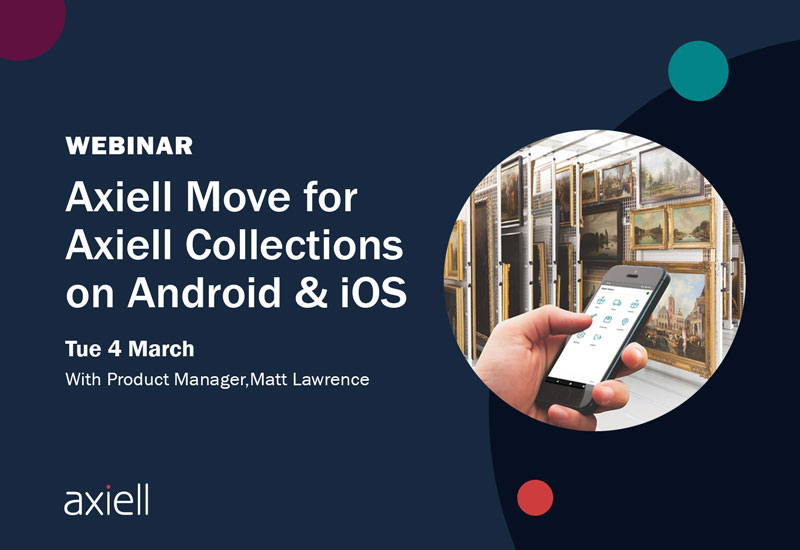Sven Totté, Director for Business Area Public Library, Axiell:
The sharing of knowledge, experiences and skills is part of the glue that keeps societies together and a core principal of the library.
The internet has been a liberating force in terms of sharing, but has led some to suggest that libraries are no longer needed. Yet, ‘sharing’ has become a somewhat feudal reality in the world of internet giants like Amazon and Uber, leaving libraries almost alone in providing the public with equal and unconditional access to information.
The notion of “sharing” is fundamental for libraries. It is the backbone ideology, the core of the library vision. This has always been true in the sense of sharing based on offering equal access to information and literature but, more recently, libraries have extended their offer to help communities to share their stories, experiences and knowledge among themselves.
Museums and many archives work in the same way, though some museums are partly fee based.
We have been struck by the enormous success of “sharing” based companies like Uber & AirBnB. They are examples of what is called “the disruptive internet economy”. This term also extends to Amazon because of their “long tail” sales channels and their self-publishing platform, which means that anyone can publish their story for anyone to buy.
This is ‘sharing’ in a commercial structure and it has been a very successful tactic. You could even argue that Spotify is sharing in some sense. One service for all.
There have been plenty of negative reactions, for example, with Uber. The argument goes that no one is stopping taxi drivers leaving their agreement with Uber, but otherwise the arrangement is to its core a feudal order. One huge business controls the landscape and the very few gain a lot from the many who have very few rights at all.
Furthermore, both Amazon and Uber are accused of, as part of their deals, tightening the strings, lowering compensation (or at least creating conditions whereby compensation is inevitably lower) and worsening workers’ conditions over time.
At the same time, they are given credit for entrepreneurship and, of course, millions of their customers are satisfied with their services. Some might even say the publishing market is better off now with Amazons’ quality and content agnostic approach.
“Real” sharing, however, is sharing on equal terms. Library sharing is sharing for all. Nobody is refused and nobody is at a disadvantage. Historically libraries offered hard to get information and costly books in physical collections.
Now libraries are transforming in to mediating centres of knowledge, literacy, creativity and the democratic citizenship. They actively invite their communities into their midst.
Outreaching to the community, its individuals and organisations and making their stories and skills available, documented and shareable over time will require new ways of organising library resources. Keeping records of people and their resources may be supervised by library staff but would preferably be administered in an online community platform. The platform can be part of the library’s administrative backbone with a public-facing online discovery interface that works across any device.




